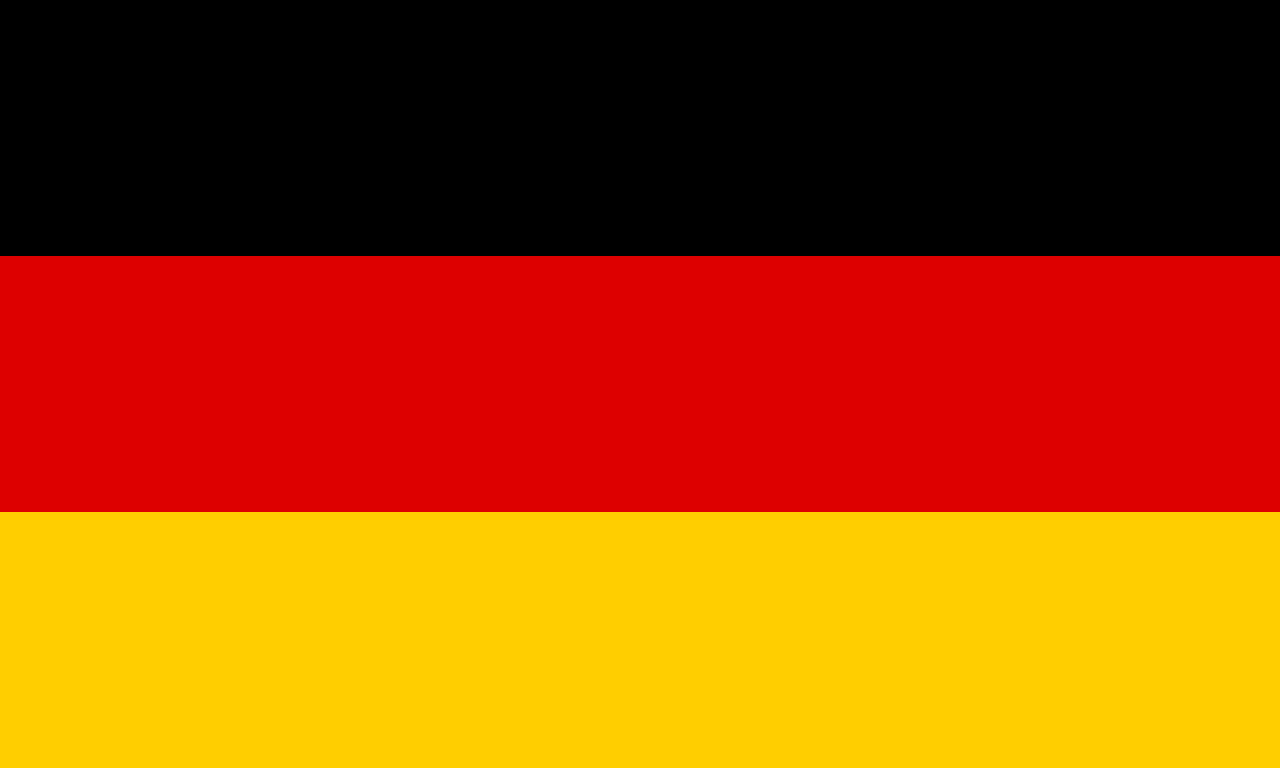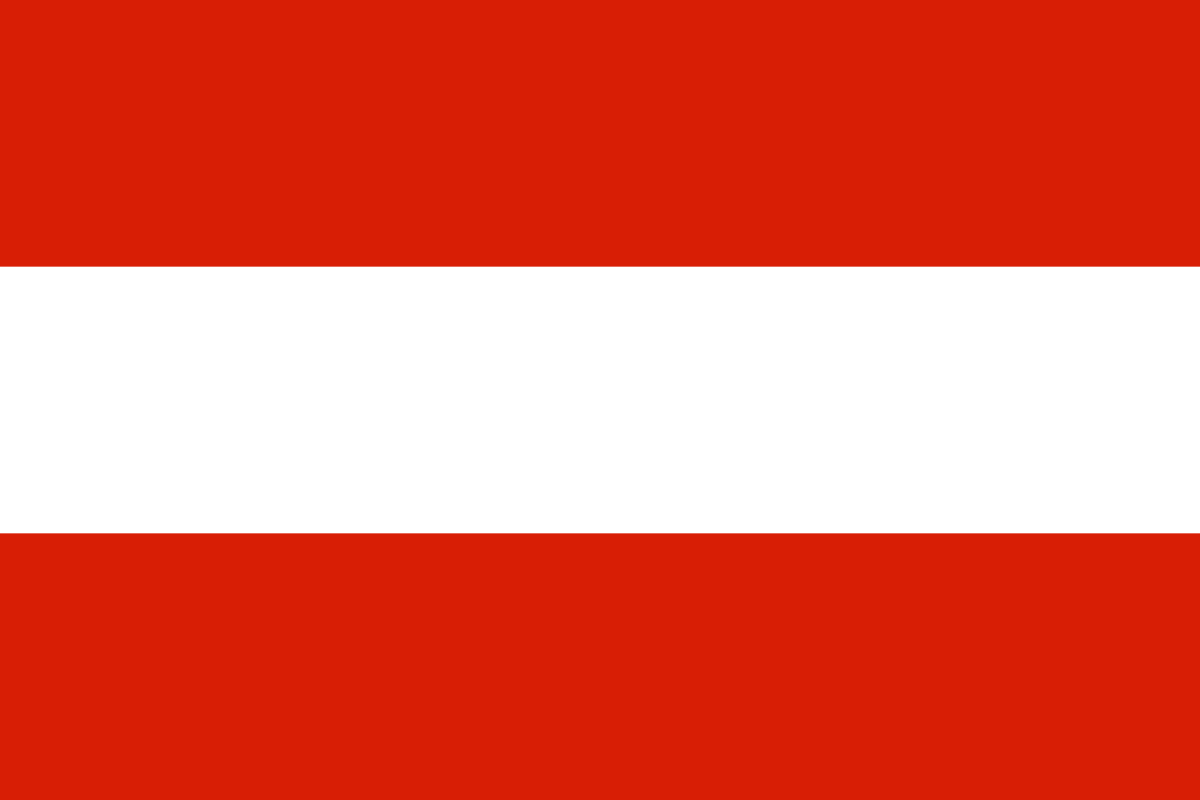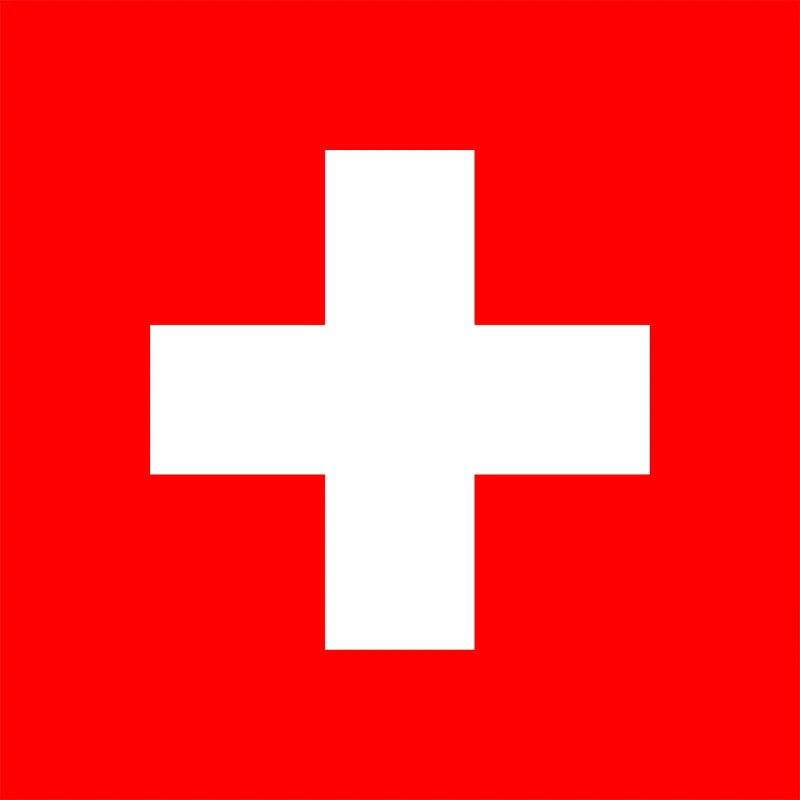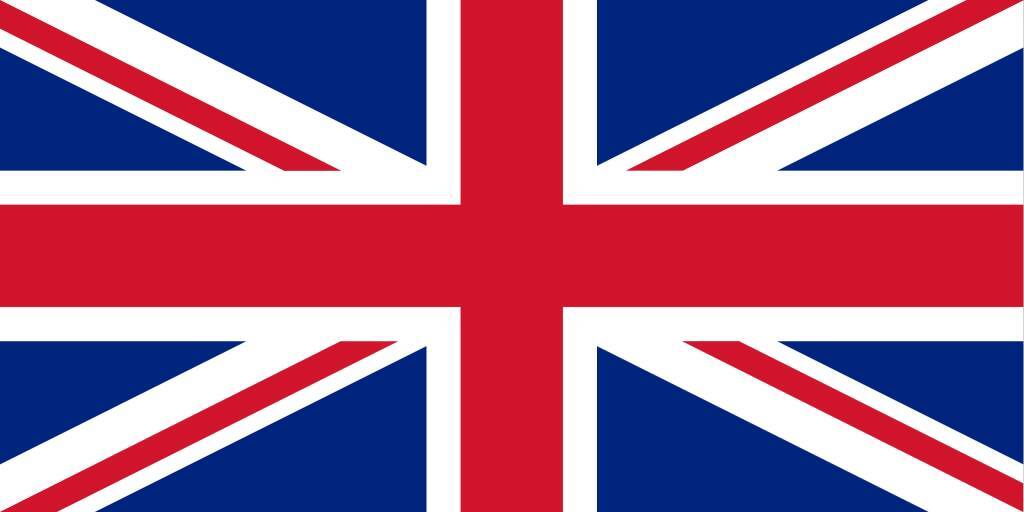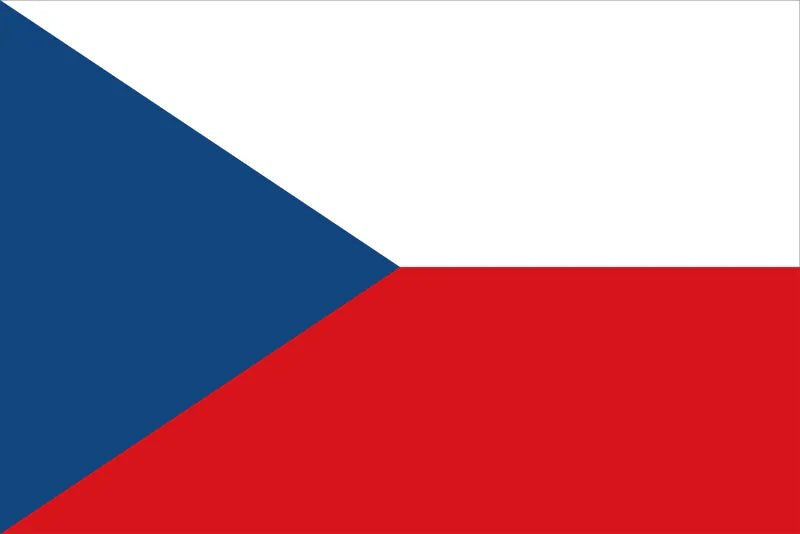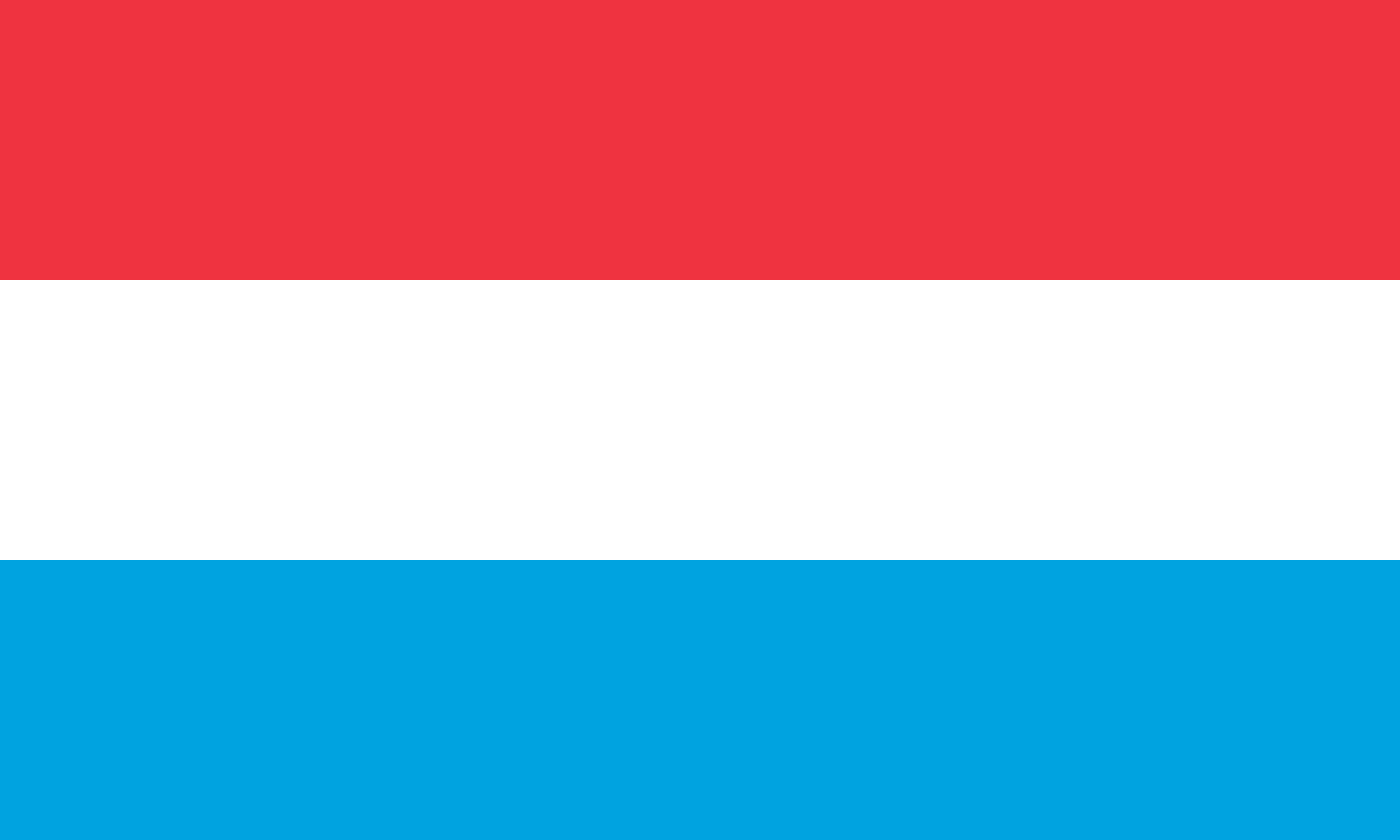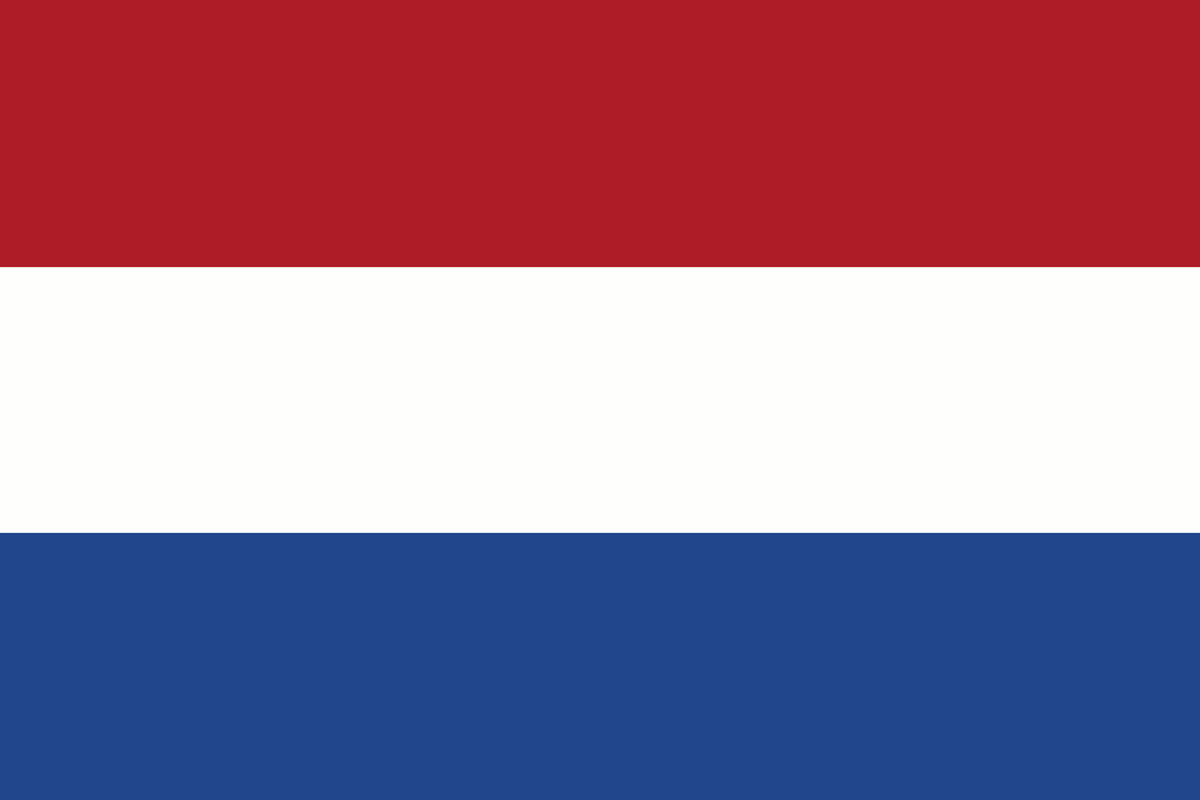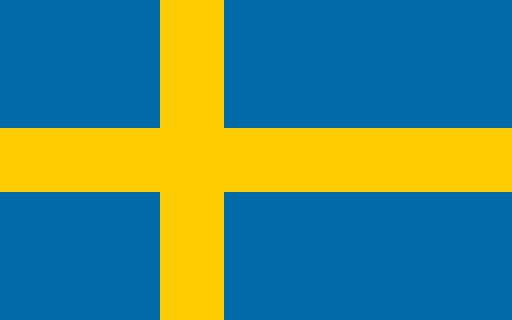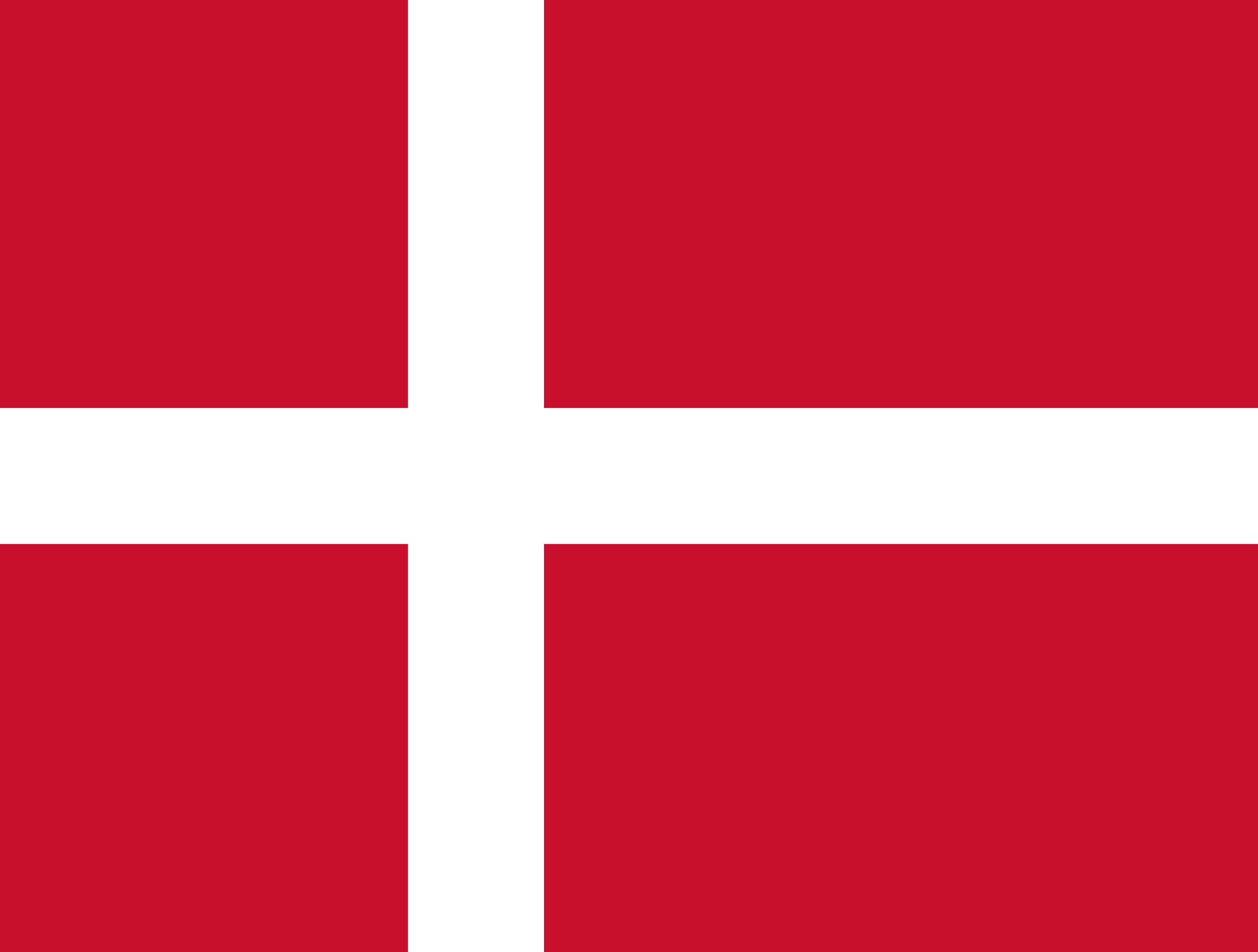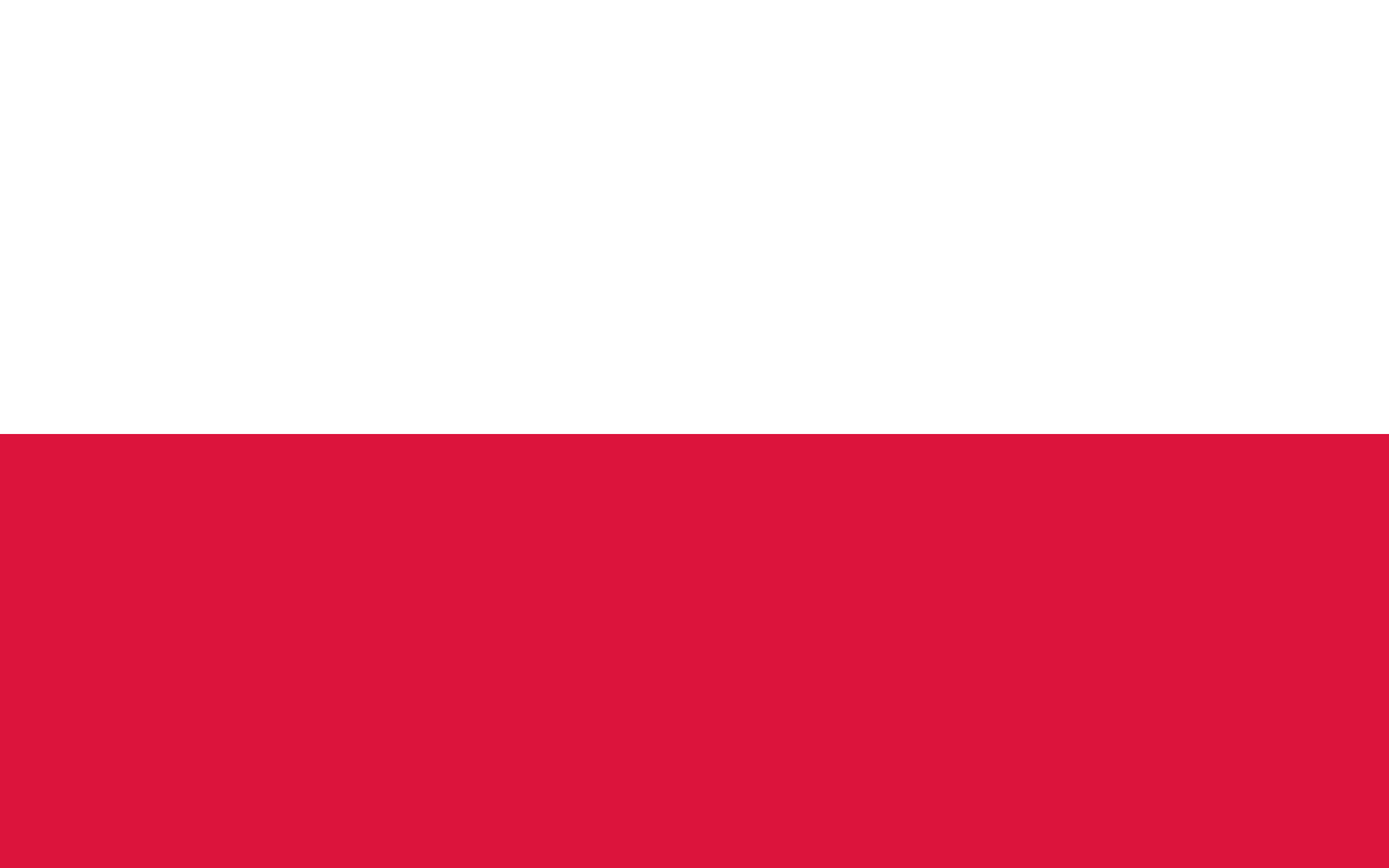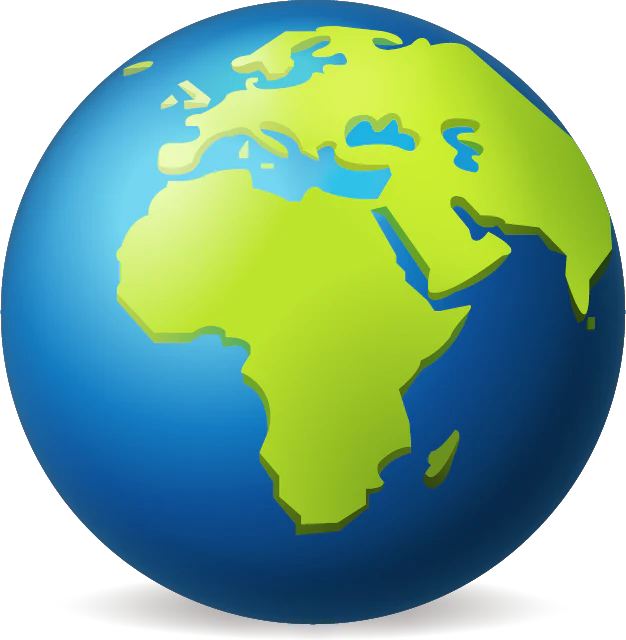30 décembre 2022
WATER RETENTION DURING PREGNANCY - WHAT HELPS?
Tight shoes and socks, painful joint problems, the great wedding ring constricts and your feet and lower legs feel swollen. Your arms, hands or face can also be affected and even hurt.
You know these symptoms during your pregnancy?
Then you are certainly suffering from pregnancy-related water retention (so-called edema)! You can recognise water retention by the fact that a dent appears in the affected area when you press into the tissue. This dent usually remains for a few seconds.
Here are a few tips on what to do about acute water retention during pregnancy:
1. KEEP MOVING
Stay active while you can - walking will help your calf pump fight the water in your legs. Also avoid standing or sitting for too long - do you work in front of a screen in your job? Then build in regular exercise sessions. You can activate your calf pump by alternately pulling your toes towards your shins and circling your feet. To counteract water retention in your fingers and forearm muscles, rotate your hands or make a fist and straighten your fingers.
Light physical activity such as swimming, walking or running is also recommended. However, talk to your doctor beforehand about whether your favourite sport is allowed during pregnancy.
2. AVOID TIGHT CLOTHING OR TIGHT JEWELLERY
In order not to block the blood flow, you should avoid clothing that cuts into the fabric. For water retention, opt for loose-fitting t-shirts, pants, and socks instead. Buy shoes that offer enough space and are comfortable for you.
3. RELAX AND TAKE BREAKS
Make sure you get enough rest during your pregnancy and put your feet up - especially after long walks or long periods of sitting. The water retention is reduced by the leg-high positioning - here the return transport of the water towards the heart is activated.
4. EAT A BALANCED DIET AND DRINK ENOUGH WATER
Drink at least 2 liters of water - or unsweetened tea - throughout the day. Even if you feel like you have enough water in your body. This is especially important for the health of you and your baby. Don't worry: the increased drinking quantity of 2 liters does not increase your water retention. Your diet should be varied and light and consist of lots of protein, fruit (e.g. watermelon) and vegetables. Keep your mineral balance at a healthy level through controlled fluid intake. Don't skip salt and avoid dehydration regimens.
ALSO, THESE PROCEDURES MAY HELP YOU
You know these symptoms during your pregnancy?
Then you are certainly suffering from pregnancy-related water retention (so-called edema)! You can recognise water retention by the fact that a dent appears in the affected area when you press into the tissue. This dent usually remains for a few seconds.
Here are a few tips on what to do about acute water retention during pregnancy:
1. KEEP MOVING
Stay active while you can - walking will help your calf pump fight the water in your legs. Also avoid standing or sitting for too long - do you work in front of a screen in your job? Then build in regular exercise sessions. You can activate your calf pump by alternately pulling your toes towards your shins and circling your feet. To counteract water retention in your fingers and forearm muscles, rotate your hands or make a fist and straighten your fingers.
Light physical activity such as swimming, walking or running is also recommended. However, talk to your doctor beforehand about whether your favourite sport is allowed during pregnancy.
2. AVOID TIGHT CLOTHING OR TIGHT JEWELLERY
In order not to block the blood flow, you should avoid clothing that cuts into the fabric. For water retention, opt for loose-fitting t-shirts, pants, and socks instead. Buy shoes that offer enough space and are comfortable for you.
3. RELAX AND TAKE BREAKS
Make sure you get enough rest during your pregnancy and put your feet up - especially after long walks or long periods of sitting. The water retention is reduced by the leg-high positioning - here the return transport of the water towards the heart is activated.
4. EAT A BALANCED DIET AND DRINK ENOUGH WATER
Drink at least 2 liters of water - or unsweetened tea - throughout the day. Even if you feel like you have enough water in your body. This is especially important for the health of you and your baby. Don't worry: the increased drinking quantity of 2 liters does not increase your water retention. Your diet should be varied and light and consist of lots of protein, fruit (e.g. watermelon) and vegetables. Keep your mineral balance at a healthy level through controlled fluid intake. Don't skip salt and avoid dehydration regimens.
ALSO, THESE PROCEDURES MAY HELP YOU
- Contrast showers to stimulate blood flow and reduce edema
- Cold foot baths
- Cool wraps
- Acupuncture
- Gentle massages towards the heart with rosemary oil, which stimulates blood circulation
- Homeopathic Medicines


